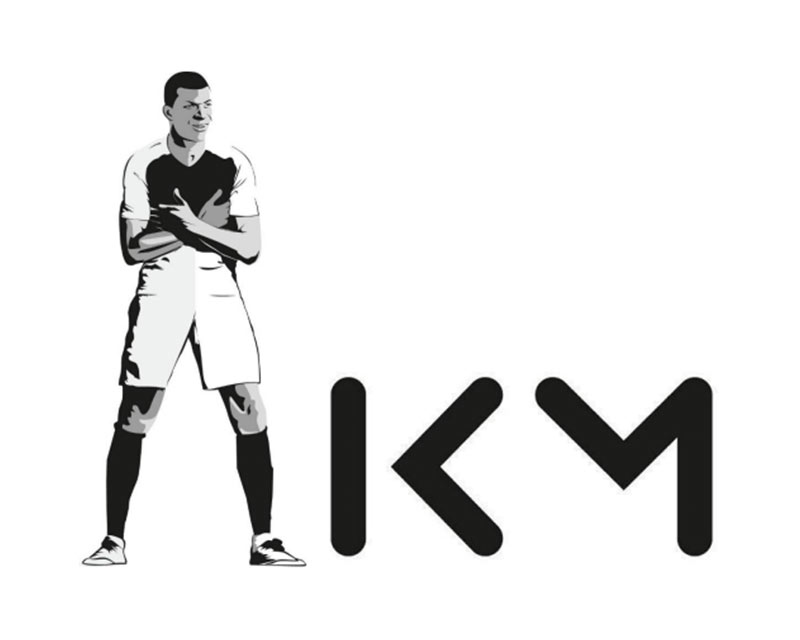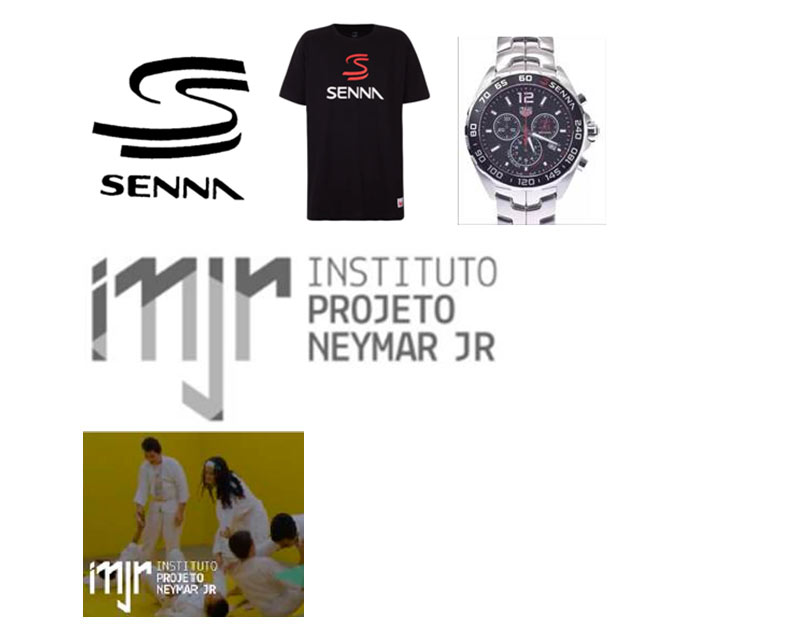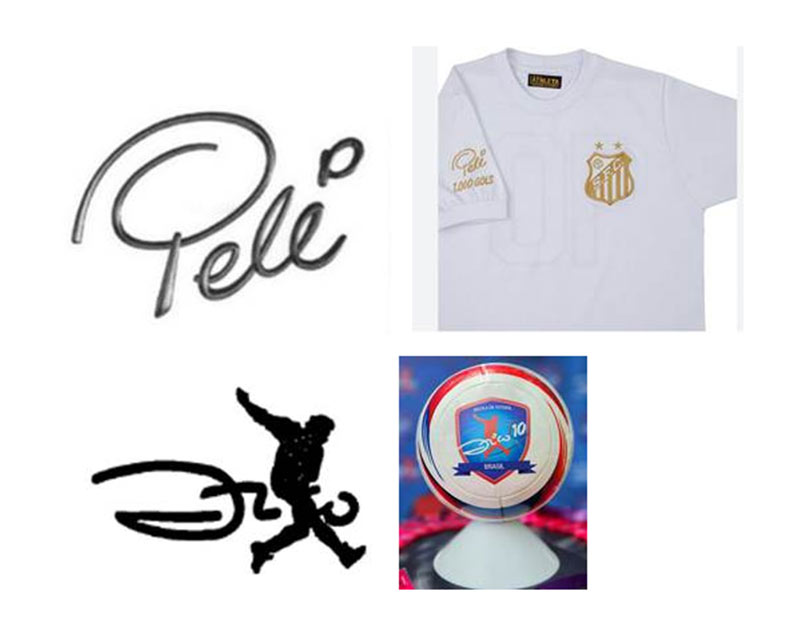In the football world, a player's personal brand can transcend the four lines of the field and become a global phenomenon. In recent years, one name went viral in this scenario: Kylian Mbappé. In addition to his undeniable talent on the field, the French player has gained admirers around the world with his exceptional skill and captivating personality. In the wake of this success, the player's strategy for expanding his success and revenue was to register his name and logos associated with his image and football activity, as trademarks.
Recently, the French player, through his legal representatives, requested the registration of the “MBAPPÉ” mark with the European Intellectual Property Office (EUIPO), to identify a wide range of products, from perfumes, watches and clothing to games, toys, and sporting goods. In addition to his recently filed trademark application for MBAPPÉ, he has filed other trademark applications for his logos, including his initials in a stylized format and the famous goal celebration pose, showing that he is also an expert in protecting his intellectual property assets. Mbappé is one of the football players who most protects his intellectual property, alongside with CR7, Messi and some others.

The marketing and intellectual property management strategy adopted by the player and his staff to register his name, image and gestures as trademarks have several consequences and benefits. By registering their names and images as a trademark, athletes gain legal protection against unauthorized use by third parties for commercial purposes. This means they can take legal action against individuals or companies that try to profit from their image without permission. Additionally, athletes can better manage and control how their name and image are used in the marketplace, allowing them to ensure that their personal brand is conveyed in a way that aligns with their personal values and image.
Another important point is the monetization opportunities based on player´s name and image, with trademark registrations increasing additional paths for athletes through product and content licensing, thus bringing new sources of income. It is very common, for example, for licensing agreements to involve the use of trademarks and images of athletes on products such as clothing, caps, bags, shoes, sunglasses and video games.
In short, trademark registration for a renowned professional athlete is much more than a legal formality; it is an essential strategy to protect the athlete´s image, expand visibility and increase revenue. By securing their intellectual property rights, athletes open doors to commercial licensing opportunities, in a fundamental step towards preserving and enhancing their name and trajectory in the world of sport and beyond.
Trademark registration is normally done on a country-by-country basis, with some exceptions, such as a single registration in the European Union, which is valid for all corresponding member countries.
When it comes to famous Brazilian athletes, some of them like Pelé, Senna, Neymar, Ronaldinho Gaúcho and Zico, not only registered their brands in Brazil and abroad, but also entered into license agreements with major companies for various products and services.







